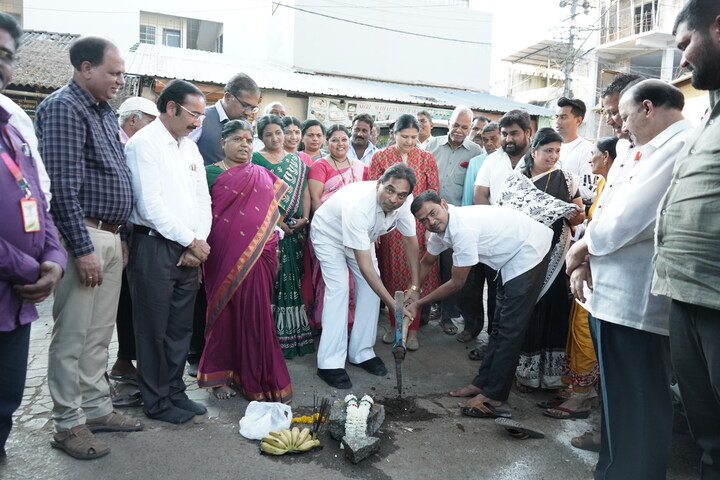The Importance of Citizen Participation in Responsive Governance
Responsive governance is essential for promoting social and economic development in India. A key component of responsive governance is citizen participation, which involves engaging citizens in the decision-making processes that affect their lives and communities. When citizens are actively involved in the governance process, they are more likely to have their voices heard and their needs and priorities addressed.
One example of responsive governance in action is the development work carried out by Dr. Anjali Nimabalkar in Parwad Gram Panchayat. Dr. Nimabalkar recognized the importance of citizen participation in the development process, and worked to establish a system of participatory planning and decision-making in the Panchayat. This involved engaging citizens in the identification of development priorities and the allocation of resources, as well as in the monitoring and evaluation of development projects.
Through this approach, Dr. Nimabalkar was able to build trust and collaboration between the government and the community, and to ensure that development projects were aligned with the needs and priorities of local citizens. This, in turn, led to the successful implementation of a range of development initiatives, including the construction of roads and bridges, the establishment of water supply systems, and the provision of healthcare and education services.
To replicate this success in other areas of India, there is a need to prioritize citizen participation in the governance process. This could involve the establishment of participatory planning and decision-making processes at the local, regional, and national levels, as well as efforts to build the capacity of citizens to engage effectively in these processes.
In addition, it is important to recognize the role that technology can play in promoting citizen participation in governance. With the widespread availability of smartphones and internet connectivity in India, there is significant potential for the use of digital platforms to facilitate citizen engagement and participation. This could include the use of social media platforms to gather feedback and input from citizens, as well as the development of mobile applications that allow citizens to report problems and monitor the progress of development projects.
In conclusion, citizen participation is a critical component of responsive governance in India. By engaging citizens in the governance process and prioritizing their needs and priorities, we can build trust and collaboration between the government and the community, and ensure the successful implementation of development initiatives. With the right policies and investments in place, we can promote citizen participation and build a brighter future for all.

